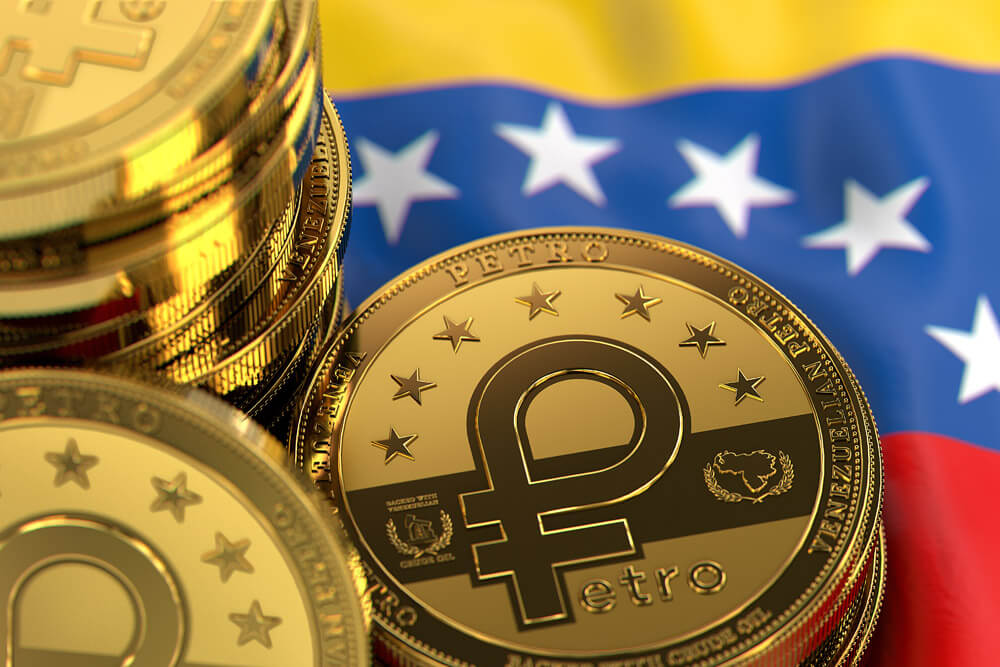President Nicolás Maduro of Venezuela has mandated all local banks to accept the country’s national cryptocurrency, Petro, as a unit of account. This move is the latest in a series of attempts to strengthen both the Petro and Venezuela’s fiat currency, the Bolivar.
Petro is a Unit of Account
According to AFP, the Venezuelan president has ordered both public and private banks to adopt the Petro as a unit of account. Moving forward, local Venezuelan banks must present all financial transactions both in bolivars and petros. This move is based on a recent regulation of the Superintendent of the Institutions of the Banking Sector of Venezuela (SUDEBAN). The SUDEBAN forms the upper stratum of the Venezuelan banking hierarchy.
Since the introduction of the Petro, the Venezuelan government has taken many steps to boost its adoption in a bid to ensure that it delivers on the reasons for which it was created in the first place. All of these measures have come amidst a storm of criticism and a financial situation that continues to spiral deeper in misery.
By ordering a blanket adoption of the Petro within the country’s financial apparatus, President Maduro is attempting to use the national cryptocurrency as a vehicle for pulling the country out of recession. Recently, the government announced a plan to use the Petro in financing low-income housing projects.
The original idea behind the Petro was to use cryptocurrency as a means of circumventing U.S.-led economic sanctions. With cryptocurrency transactions not requiring intermediaries like banks or clearinghouses, the government planned to use the virtual currency to conduct international payments outside the framework of the U.S.-controlled SWIFT global banking network.

Swimming Against a Tide of Hyperinflation
For the past five years, Venezuela has been mired in a crippling economic crisis. Once one of the wealthiest nations in Latin America, the country has seen its currency devalued on an unprecedented scale amidst hyperinflation that has forced more than two million people to flee the country.
Recently, the Maduro-led government, which secured a new six-year term in May 2018, stripped the Bolivar of five zeros. The government also wishes to increase the minimum wage while upping taxes on gasoline.
To survive, many Venezuelans have turned to cryptocurrency like Bitcoin. Recently, DASH, another cryptocurrency, revealed that the country was its second largest market.
Will the latest order by the Venezuelan government improve the fortunes of the Petro cryptocurrency and the citizens of the country? Keep the conversation going in the comment section below.
Image courtesy of courtesy of Reuters.





